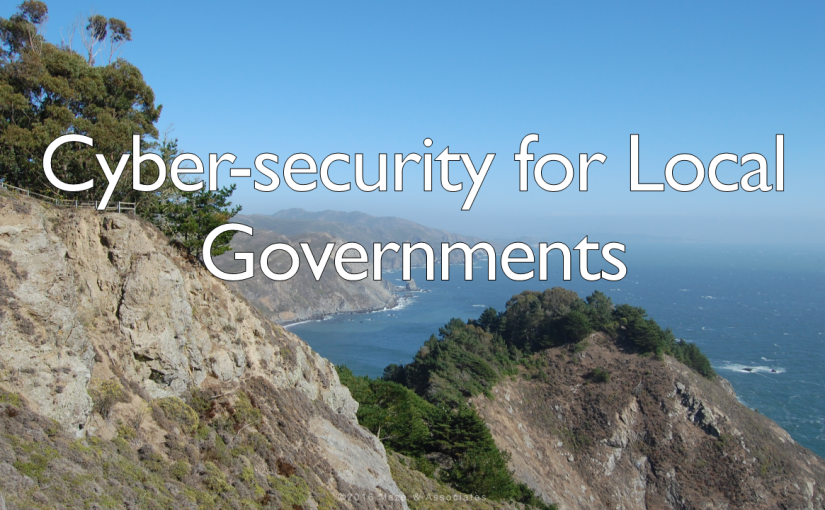Paycheck Protection Program (PPP) https://www.sba.gov/funding-programs/loans/paycheck-protection-program-ppp
UPDATE: SBA has reached the spending limit for the first CARES ACT. Many banks are still accepting applications in hopes for additional funding to be approved.
- Funds are provided int the form of loans that will be fully forgiven when used for payroll costs, interest on mortgages, rent & utilities
- At least 75% of the forgiven amount must have been used for payroll. Loan payments will also be deferred for 6 months
- Forgiveness is based on the employer maintaining or quickly rehiring employees and maintaining salary levels.
- Forgiveness will be reduced if full-time headcount declines, or if salaries and wages decrease
- All Small businesses eligible
- 500 or fewer employees – including non-profits, veterans organizations, tribal concerns, self-employed individuals, sole proprietorships and independent contractors are eligible
- Also certain businesses with more than 500 employees may also qualify
- Small businesses are eligible to borrow up to 250% of their average monthly payroll expenses up to a total of $10,000
- The amount is intended to cover 8 weeks of payroll expenses and any additional amounts of making payments towards debt obligations
- The 8 week period may be applied between February 15, 2020 and June 30, 2020. Seasonal business expenses will be measured using a 12 week period beginning February 15,2019 or March, 1 2019
- You should consult with your local lender as to whether it is participating in the program. Lenders may begin processing loan applications as soon as April 3, 2020
- If you wish to begin preparing your application download a sample form here https://www.sba.gov/document/sba-form–paycheck-protection-program-ppp-sample-application-form
Economic Injury Disaster Loans and Loan Advance https://www.sba.gov/disaster-assistance/coronavirus-covid-19
- Up to $2 million in assistance
- These loans may be used to pay fixed debts, payroll, accounts payable and other bills that can’t be paid because of the disaster’s impact. The interest rate is 3.75% for small businesses. The interest rate for non-profits is 2.75%
- If you already have an EIDL loan for payroll it is possible to refinance to a PPP loan above.
- The SBA offers loans with long-term repayments in order to keep payments affordable, up to a maximum of 30 years. Terms are determined on a case-by-case basis, based upon each borrower’s ability to repay
- The loan advance can provide economic relief of up to $10,000 within three days of a successful application. This loan advance will not have to be repaid
- Apply for an EIDL Loan here. https://www.sba.gov/local-assistance/find/?type=SBA%20District%20Office&pageNumber=1
SBA Debt Relief Program
- The SBA will also pay the principal and interest of new 7(a) loans issued prior to September 27, 2020.
- The SBA will pay the principal and interest of current 7(a) loans for a period of six months.
SBA Express Bridge Loans
- Allows small businesses who currently have a business relationship with an SBA Express Lender to access up to $25,000 with less paperwork.
- Can be used to bridge the gap while applying for a direct SBA Economic Injury Disaster loan
- Up to $25,000
- Fast Turnaround
- Will be repaid in full or in part by proceeds from the EIDL loan
- To apply contact your local SBA office https://www.sba.gov/local-assistance/find/?type=SBA%20District%20Office&pageNumber=1

